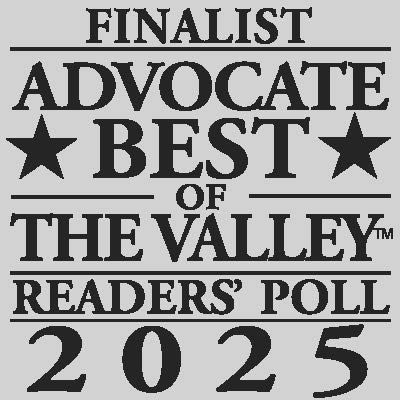New Guidance for Remote Work and Leave
In February 2023, the federal Department of Labor (DOL) issued new guidance about employees working remotely from home.
The DOL confirmed that the rules for compensating employees, under the Fair Labor Standards Act (FLSA), for break time apply whether the employee is working onsite or remote. Break times of 20 minutes or less are treated as compensable time. A longer break is not compensable time, so long as the employee is completely relieved from duties, which is defined as: (i) being “told in advance that they may leave the job and they will not have to commence work until a specified hour,” or (ii) that they may “freely choose the hour at which they resume working and the time is long enough for the employees to effectively use their own purposes.” The DOL also noted the FLSA’s requirement to provide reasonable break time for employees to express breast milk for their nursing child with a space that is “shielded from view” also applies to remote work. This means “ensuring that an employee is free from observation by any employer provided or required video system”. Such breaks are also compensable if the employee is not completely relieved from duties.
The DOL also discussed Family and Medical Leave Act (FMLA) eligibility requirements. An employer with at least 50 employees within a 75 mile radius of the worksite must provide FMLA benefits to employees who have worked 1,250 hours in the preceding 12 months. The DOL explained that for remote employees the pertinent worksite is not their residence but is “the office to which they report or from which their assignments are made.”
The DOL also addressed whether an employer is required to allow an employee, with an FMLA-covered serious health condition, to use FMLA leave to shorten their workday where the regular schedule for the position would otherwise be more. The DOL stated that employees who are eligible for FMLA leave must be permitted to take it on a reduced schedule basis, and that an employer may not simply reduce their workday as a reasonable accommodation under the ADA thereby making them ineligible for group health insurance benefits. Eligible employees must be permitted to use FMLA leave until they have exhausted their leave, and if a reduced schedule does not result in the equivalent of 12 weeks of leave in a 12-month period, the employer is required to provide it indefinitely. Also, the hours of FMLA leave the employee is entitled must be based on the employee’s regularly scheduled workweek, and not on the reduced one, so an employee who is regularly scheduled 50-hours per week (not counting voluntary overtime) would be entitled to use 600 hours of FMLA leave in a 12-month period, to shorten their schedule to 40 hours per week. Lastly, the DOL found that if an employee, who requires a reduced schedule, exhausts their FMLA leave, the employer is obligated to consider continuing the reduction as a reasonable accommodation under the ADA, and an employee may offer, and an employee may voluntarily accept, a reduced schedule as a reasonable accommodation in lieu of taking FMLA leave.
As a result, more remote employees are likely to meet the FMLA’s eligibility requirements than employers may have previously assumed. Employers with a remote workforce should check their wage and hour and FMLA policies to ensure compliance, as well as consider the applicability of the FMLA when an employee requests a reduced schedule as an accommodation.
If your business has any questions on this topic or any other matters, please do not hesitate to contact the attorneys at The Royal Law Firm at 413-586-2288.


Springfield, MA Office
33 Elliot Street
Springfield, Massachusetts 01105
Phone: (413) 586-2288
Fax: (413) 586-2281
Hartford, CT Office
750 Main Street, Suite 100
Hartford, Connecticut 06103
Phone: (860) 724-4248
Providence, RI Office
100 Dorrance Street, Suite 700
Providence, Rhode Island 02903
Phone: (401) 283-8971
Bennington, VT Office
204 South Street
Bennington, VT 05201
Disclaimer: The information you obtain at this site is for informational purposes only. It is not, nor is it intended to be, legal advice and does not create or imply an attorney-client relationship. You should consult with an attorney for individual advice regarding your own particular situation. This website, including each page hereof, may be considered advertising pursuant to the Massachusetts Rules of Professional Conduct. You may reproduce materials available at this site for your own personal use and for non-commercial distribution. All copies must include the above copyright notice.
The Royal Law Firm LLP. | All Rights Reserved.






